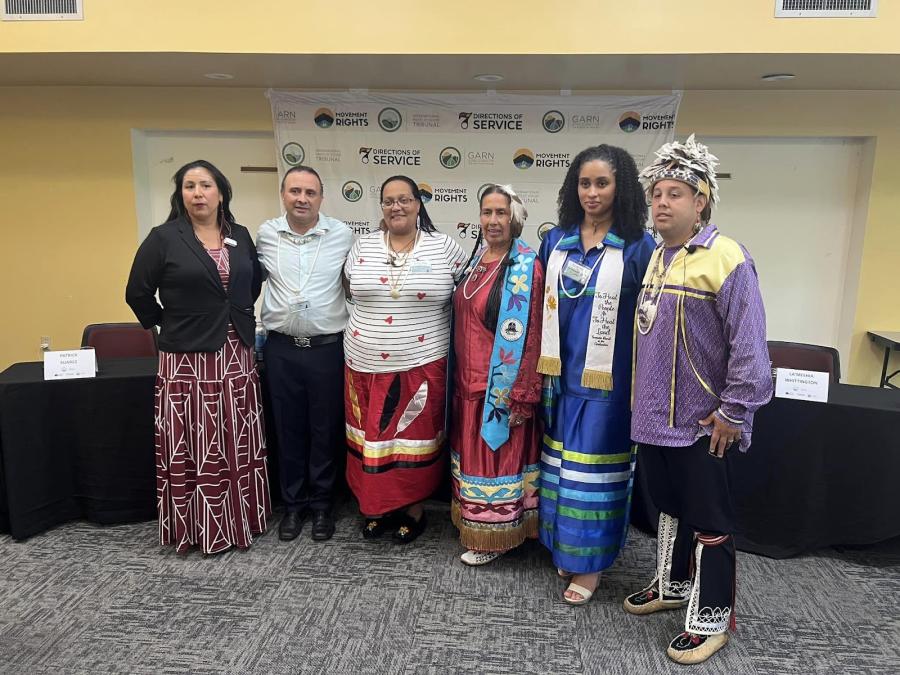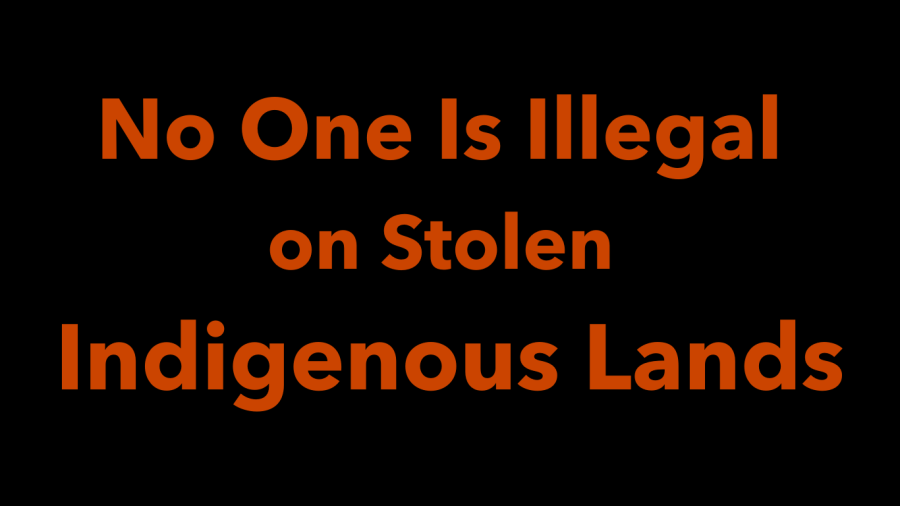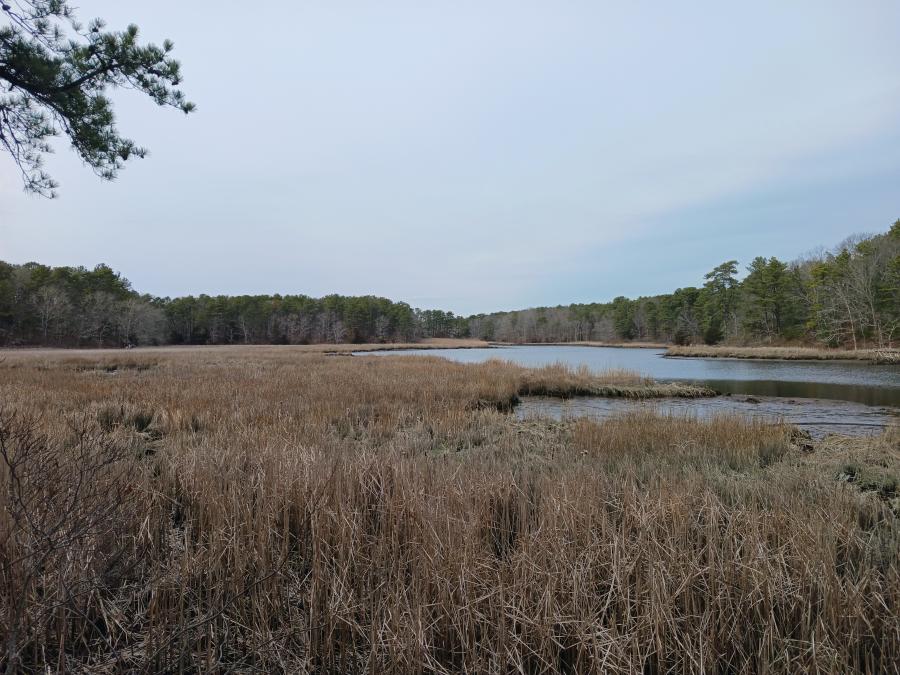Indigenizing the Academy: Transforming Scholarship & Empowering Communities
By Devon Abbot Mihesuah & Angela Cavender Wilson
University of Nebraska Press 2004
ISBN 0-8032-8292-3
Indigenizing the Academy: Transforming Scholarship and Empowering Communities, a collection of provocative essays, was gathered partly in response to the controversy that followed publication of Devon Abbot Mihesuah’s earlier book, Natives and Academics: Researching and Writing about American Indians (1996). That book provoked ire within academia, and Mihesuah makes light of that reaction in the preface and introduction.
The book’s 13 contributors take writer Bell Hooks’ example of “education as the practise of freedom” to heart as they catalog the best and worst of the academy’s interaction with the indigenous world. The editors assert that this book “draws a line in the sand,” and that they expect both allies and opponents to respond. I was struck by the force of each author’s argument, and their determination to purge universities of their ingrained colonialist mentality. Instead, they argue, the academy should provide empowered scholarship and resources to all, both indigenous scholars and non-Natives alike.
Indigenizing the Academy emerges as a vibrant tool to revitalize stagnant intellectual and political activism. While Natives throughout the Americas celebrate the creation of a new museum in Washington, D.C., to honor the American Indian, these writers call for a new ethic focusing on honoring living knowledge. They claim this indigenous wisdom can subvert pretensions such as those of people who claim indigenous heritage in order to gain prestige. It also can make the academy responsive and responsible to First Nation people’s goals of self-determination and well-being.
Reclaiming tribal language is one crucial key to regaining self-esteem, and in one essay editor Angela Cavender Wilson (of the Wahpetunwan Dakota tribe) shares her experience of establishing a Dakota language program. Ultimately, that project collapsed; but the writer speaks movingly of gaining the strength to continue to assist in the recovery and reappraisal of such knowledge. There is a repolitization of ethnicity at work throughout these pages, and a ferocity aimed at implementing change.
In another essay, Keith James (Onondaga), professor of organizational psychology at Colorado State University, highlights corrupt practices he has encountered that subtly work against indigenous voices applicants to the university, students, and tenure-track professors. “Sleazy individual behavior” by those with power exacerbates tensions and divisions, and maintains an impasse, James says. This criticism is continued by Taiaiake Alfred (Kanien’Kehaka), who writes of the urgent need to “confront colonialism at the root.” Alfred also tackles the larger injustice of modernity, which creates a “spiritual crisis” among all of society.
In an engaging chapter that explores the reality of academic training in professional psychology, Joseph P. Gone (Gros Ventres) delves into the Native expressions of personhood he has experienced in fieldwork. This chapter reveals elements of relatedness with spirit-beings and connectedness to sources of sacred life-sustaining power that seem almost anathema to the dry training of academia. The contradictions of examining and maintaining living traditions within an academic system come alive in these pages.
But these authors’ critiques of a system that has initiated “Native American Studies” as an academic bridge between these contradictory worlds sometimes do not go far enough. Statistics are often buried in dense academic jargon, with long footnotes following each essay.
It also remains unclear to what extent First Nations’ struggles, and a mounting Native nationalism, can really work within the academy. The misappropriation of religious and sacred beliefs in the name of study has greatly damaged relations and genuine mutual understanding between First Peoples and the academy. Perhaps our only hope for healing this rift is within the academy.
Indigenizing the Academy starts as a catalog of abuse and misapprehension between cultures. It will, I believe, end up as a Paulo Freire-inspired catalyst for social change. I just hope the academic community will sit up, take note, and change. The slow and tentative return of artifacts to indigenous communities worldwide that has begun in some Western universities and museums, both private and public, remains a trickle. Furthermore, it is shrouded by mealy mouthed philosophical explanation by way of apology. Improving this situation is just one small way that healing can start.
James Murray-White is a writer specializing in nomadism, currently making a documentary film about women’s empowerment among the Bedouin of Israel’s Negev Desert.



